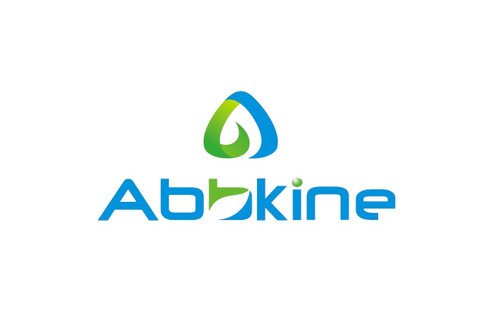Product Description
Mouse Secreted frizzled-related protein 4 (SFRP4) ELISA Kit | AE19876MO | Abebio
Species Reactivity: Mouse (Mus musculus)
Abbreviation: SFRP4
Alternative Name: FRP-4; FRPHE; MGC26498; secreted frizzled-related protein 4|secreted frizzled-related protein 4; secreted frizzled-related protein 4
Application: ELISA
Range: 0.156-10 ng/mL
Sensitivity: 0.063 ng/mL
Intra-Assay: ≤4.3%
Inter-Assay: ≤7.5%
Recovery: 0, 97
Sample Type: Serum, Plasma, Other biological fluids
Detection Method: Sandwich
Analysis Method : Quantitive
Test Principale: This assay employs a two-site sandwich ELISA to quantitate SFRP4 in samples. An antibody specific for SFRP4 has been pre-coated onto a microplate. Standards and samples are pipetted into the wells and anySFRP4 present is bound by the immobilized antibody. After removing any unbound substances, a biotin-conjugated antibody specific for SFRP4 is added to the wells. After washing, Streptavidin conjugated Horseradish Peroxidase (HRP) is added to the wells. Following a wash to remove any unbound avidin-enzyme reagent, a substrate solution is added to the wells and color develops in proportion to the amount of SFRP4 bound in the initial step. The color development is stopped and the intensity of the color is measured.
Product Overview: Secreted frizzled-related protein 4 (SFRP4) is a member of the SFRP family that contains a cysteine-rich domain homologous to the putative Wnt-binding site of Frizzled proteins. SFRPs act as soluble modulators of Wnt signaling. The expression of SFRP4 in ventricular myocardium correlates with apoptosis related gene expression. Sequence analysis predicted that the 346-amino acid SFRP4 protein contains an N-terminal signal peptide, no transmembrane domain, and a hydrophilic C terminus. In situ hybridization analysis demonstrated exclusive expression in stromal and myometrial cells, particularly in endometrium and breast. Upregulated expression was detected in endometrial and breast carcinomas.
Stability: The stability of ELISA kit is determined by the loss rate of activity. The loss rate of this kit is less than 5% within the expiration date under appropriate storage condition. The loss rate was determined by accelerated thermal degradation test. Keep the kit at 37°C for 4 and 7 days, and compare O.D.values of the kit kept at 37°C with that of at recommended temperature. (referring from China Biological Products Standard, which was calculated by the Arrhenius equation. For ELISA kit, 4 days storage at 37°C can be considered as 6 months at 2 - 8°C, which means 7 days at 37°C equaling 12 months at 2 - 8°C) .
 Euro
Euro
 USD
USD
 British Pound
British Pound
 NULL
NULL












